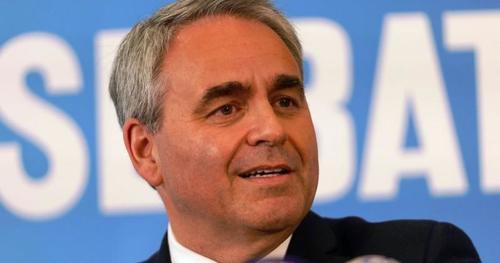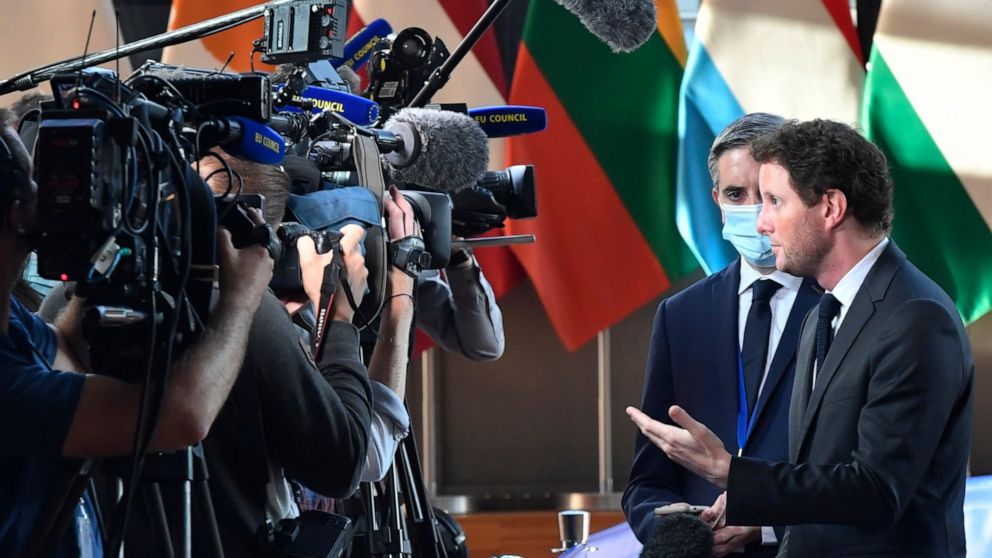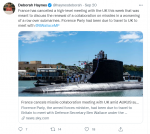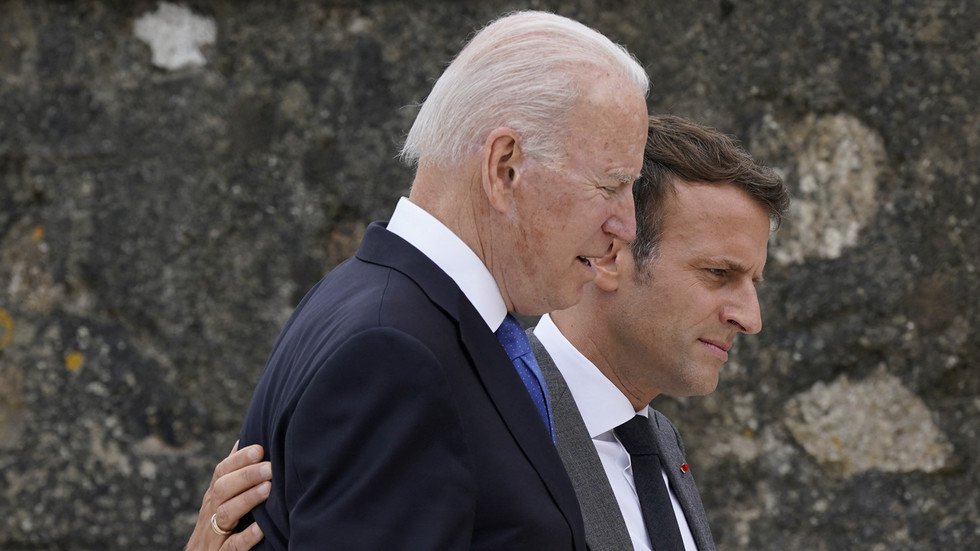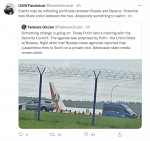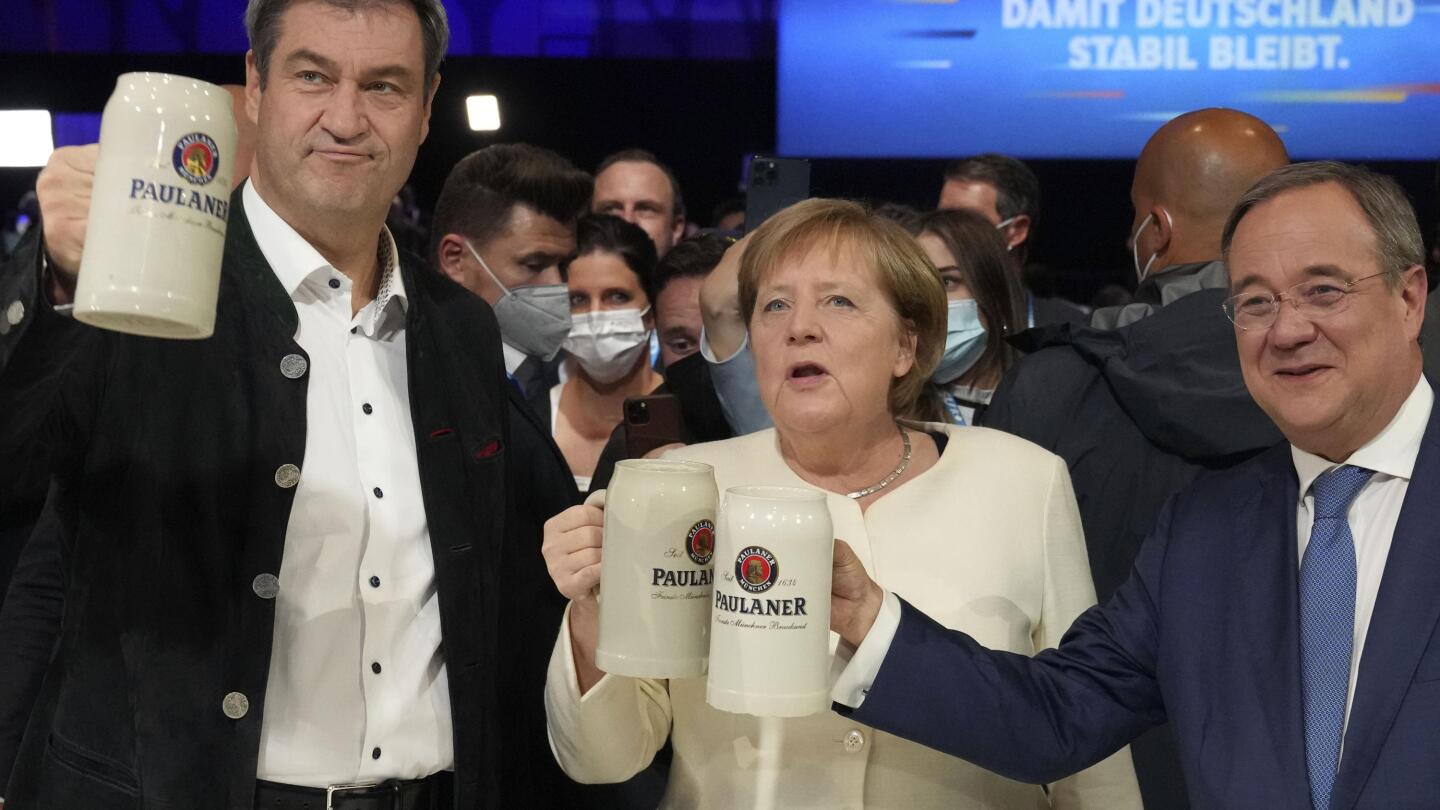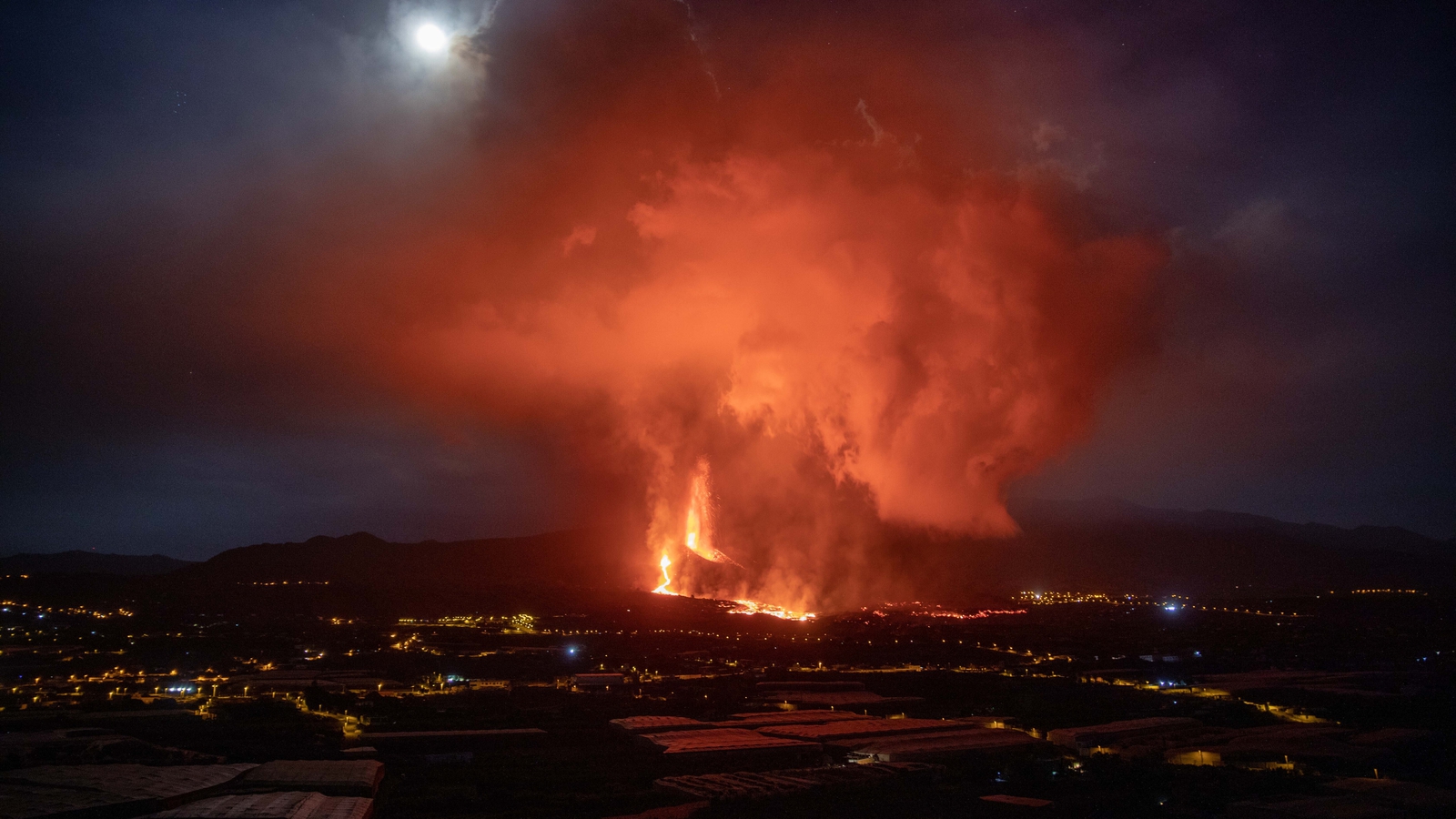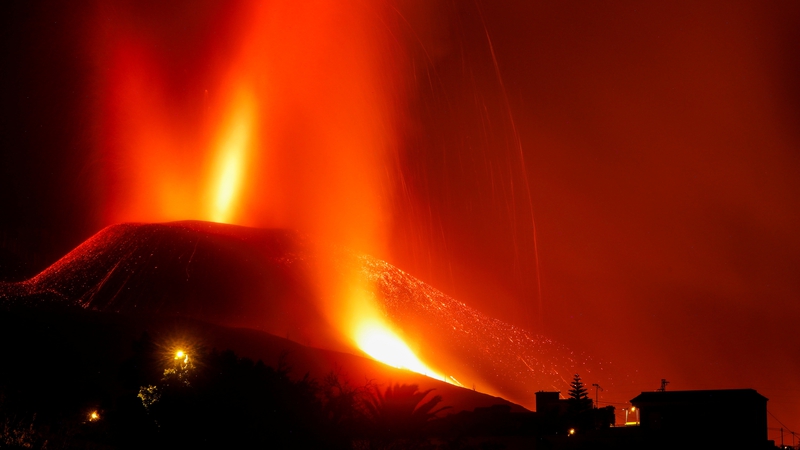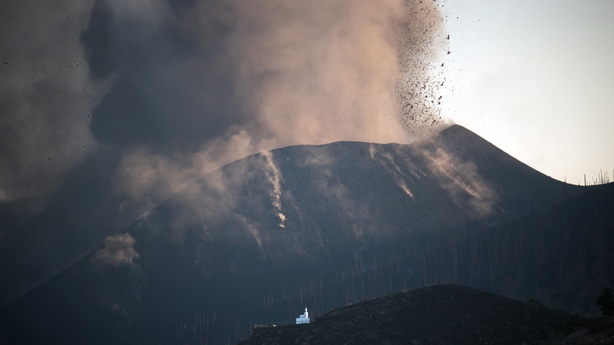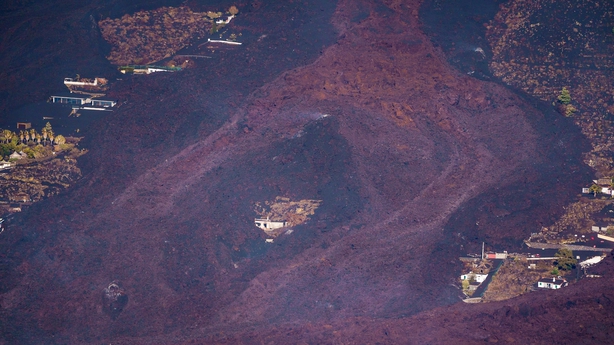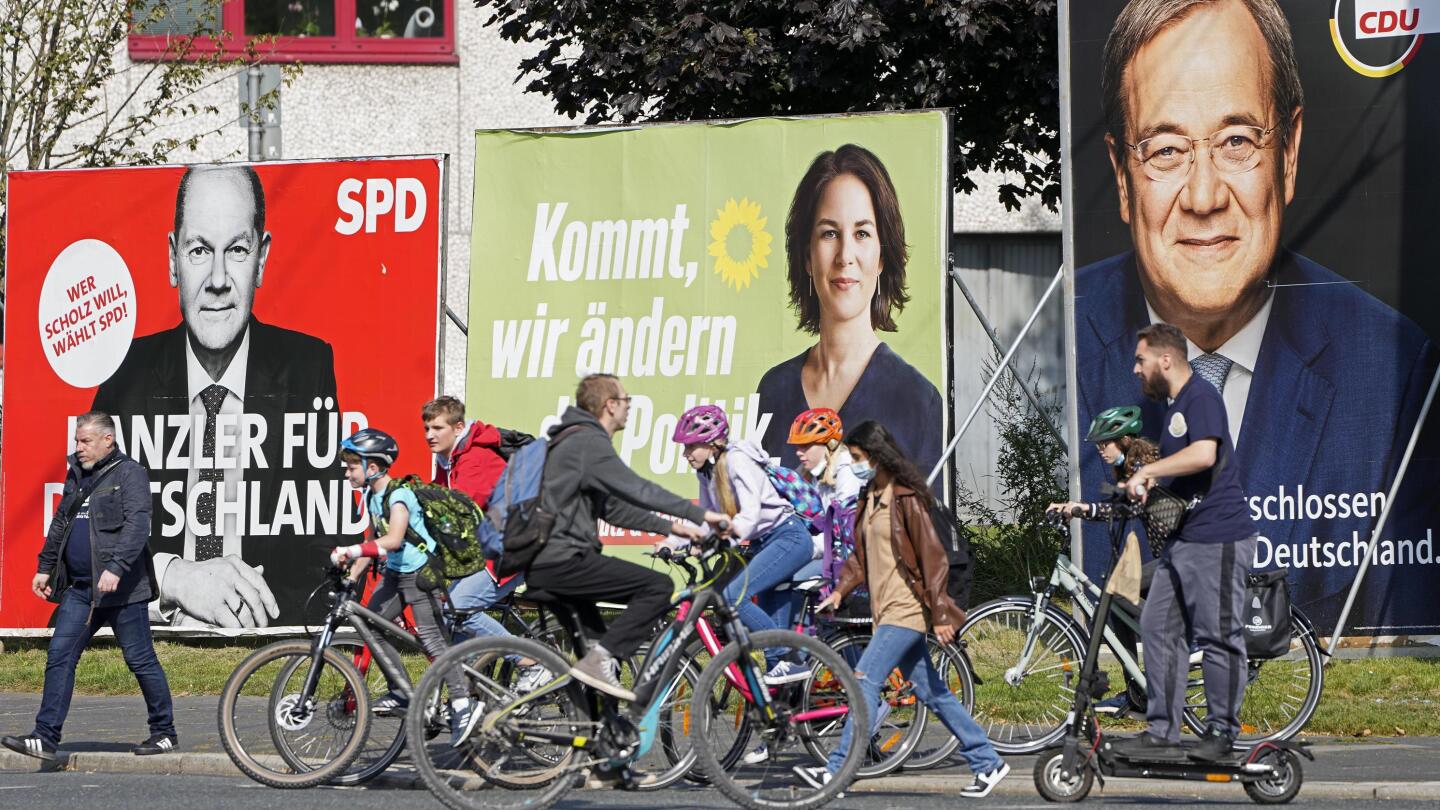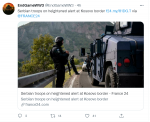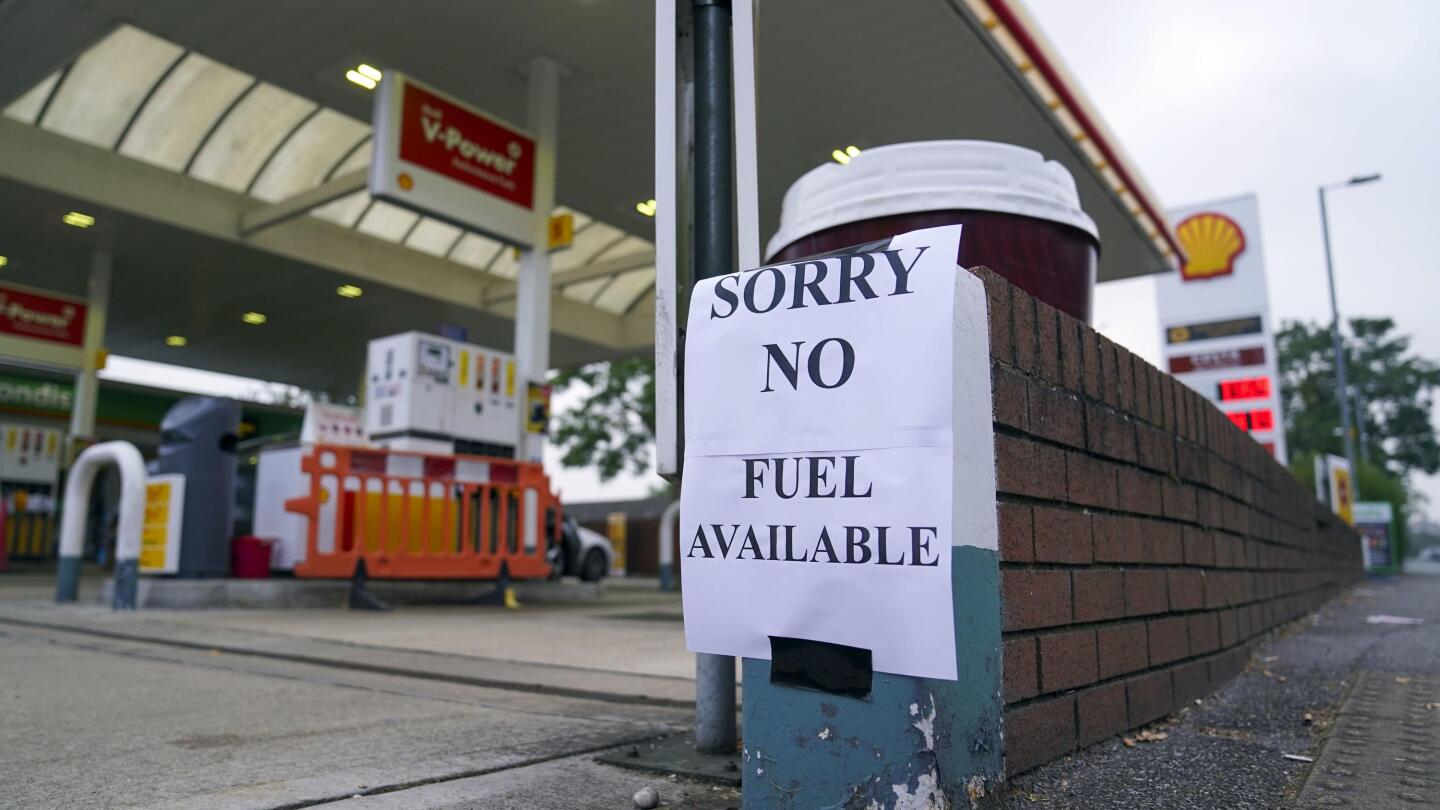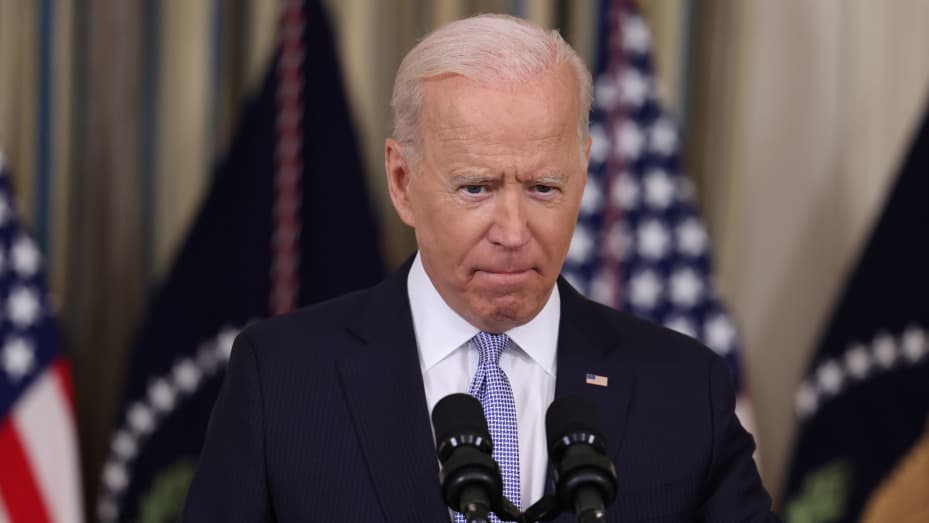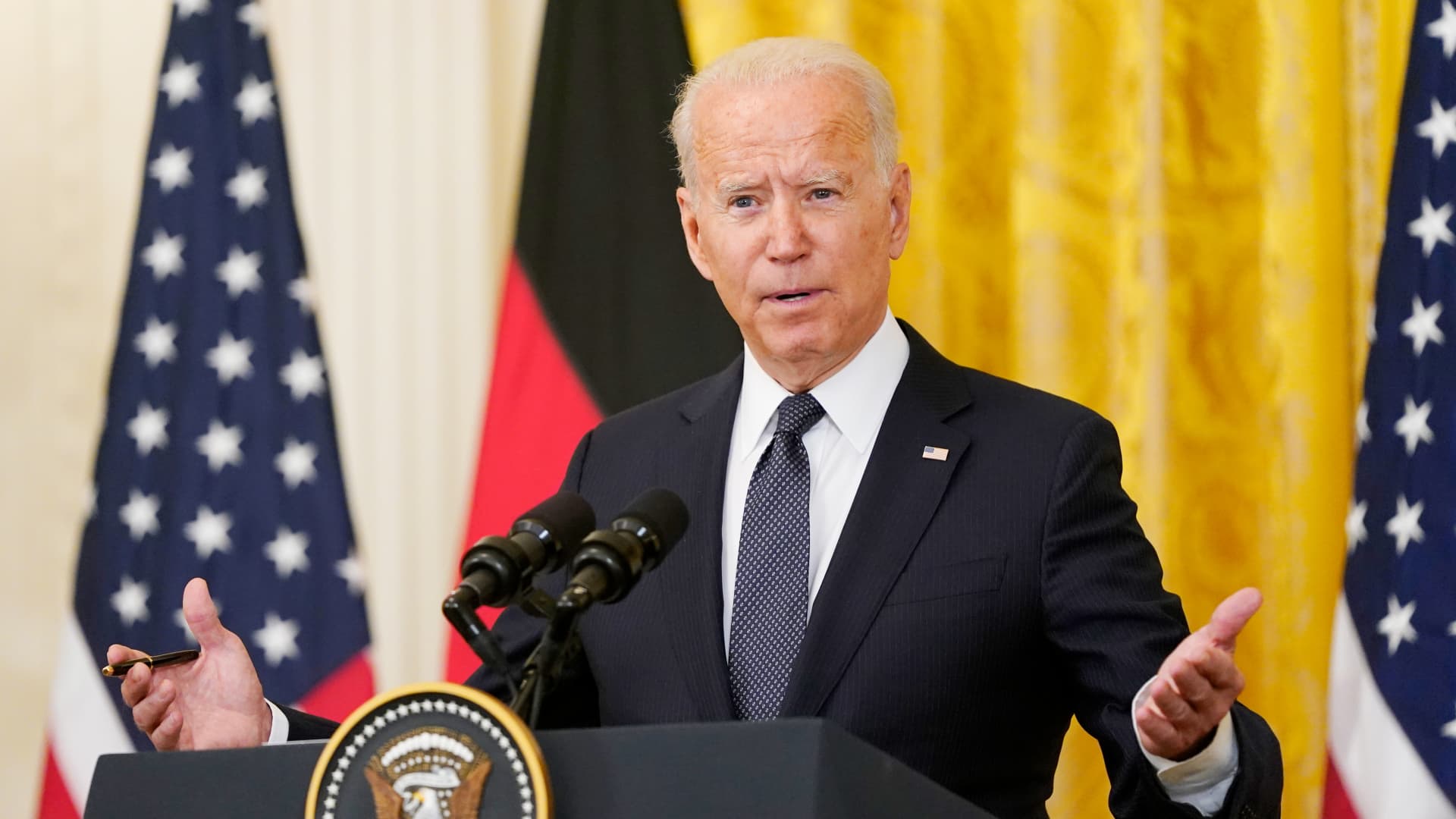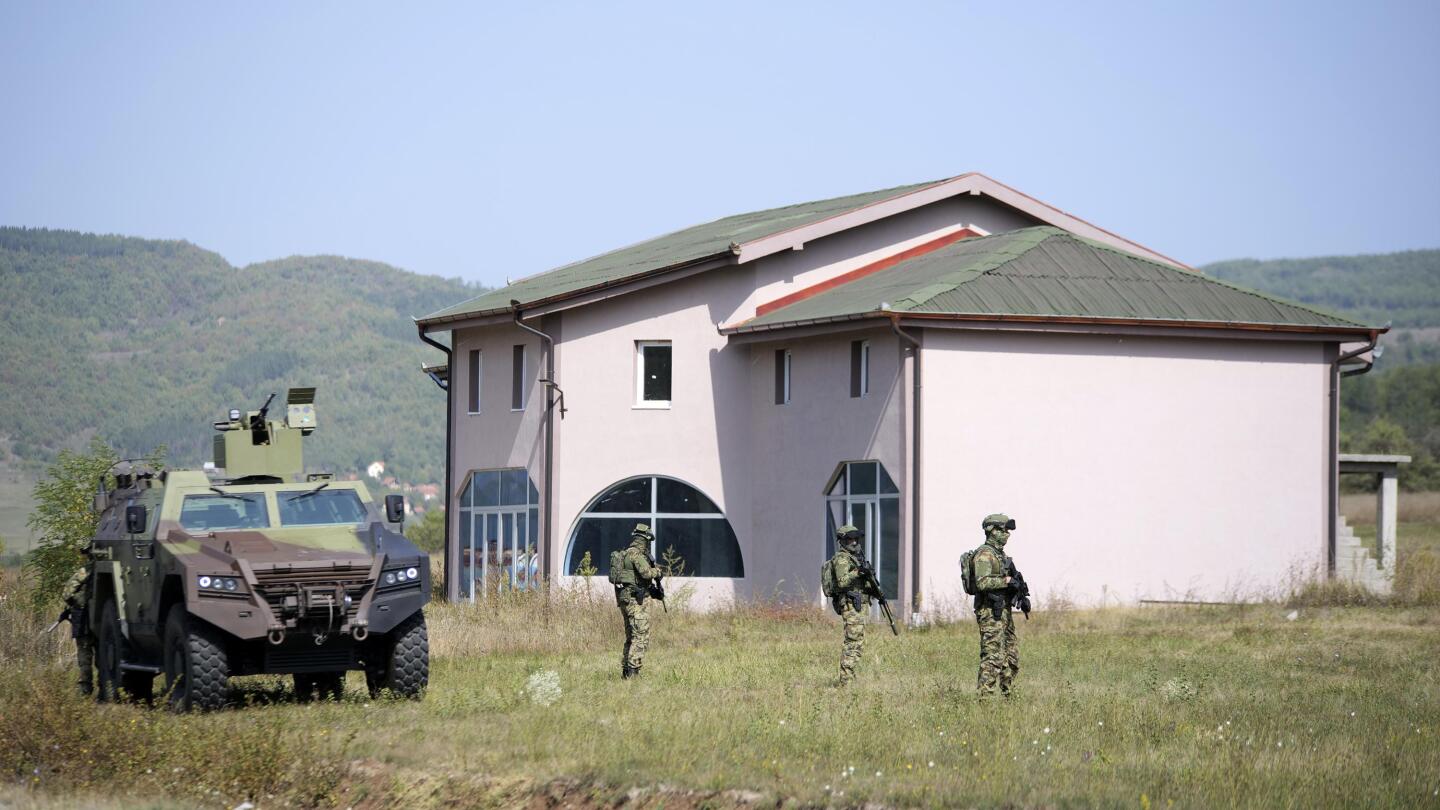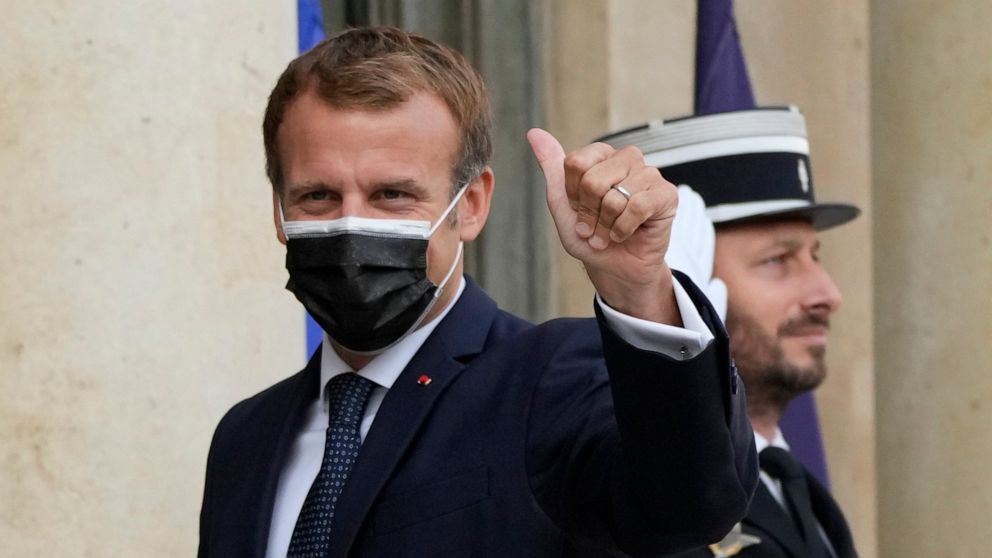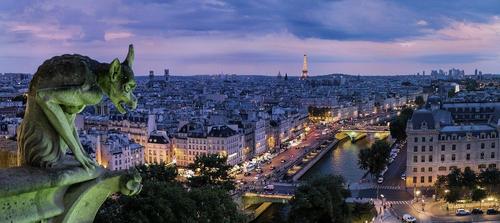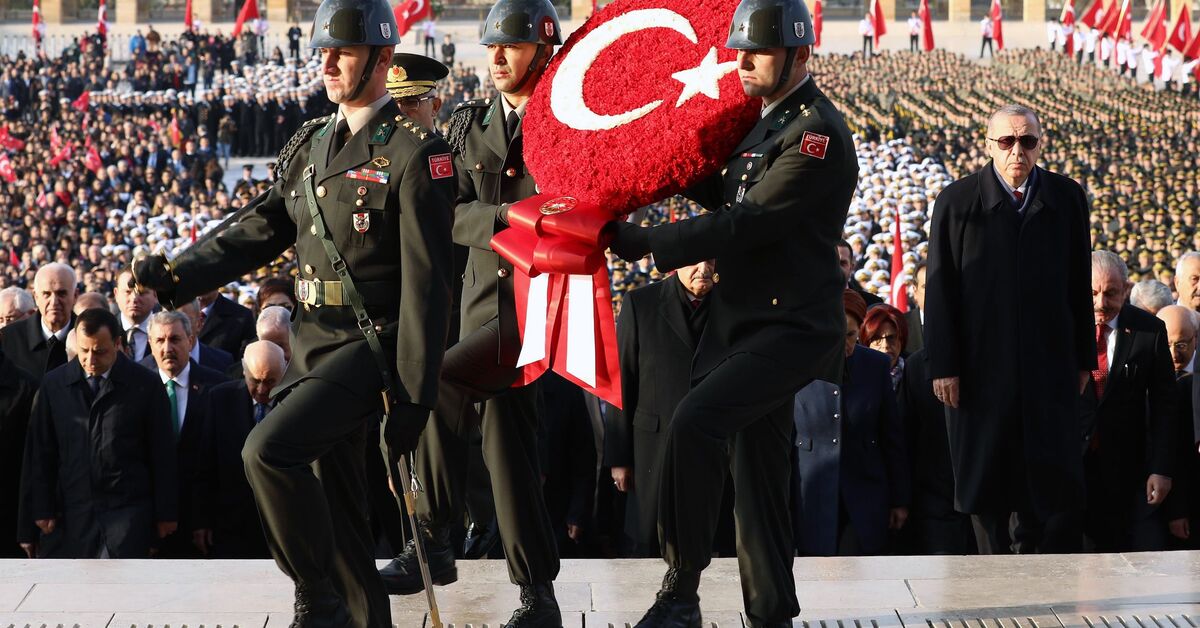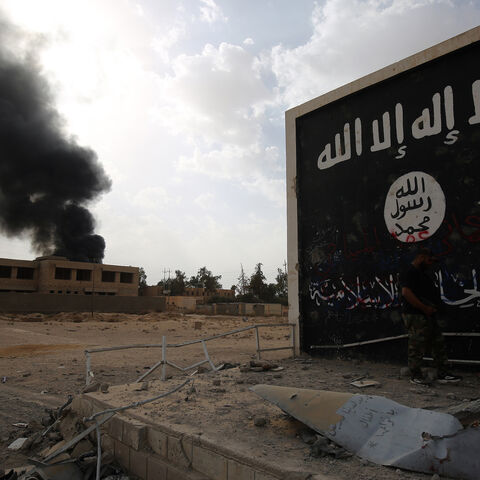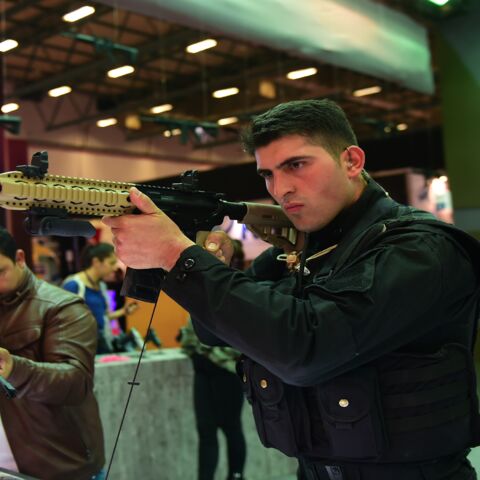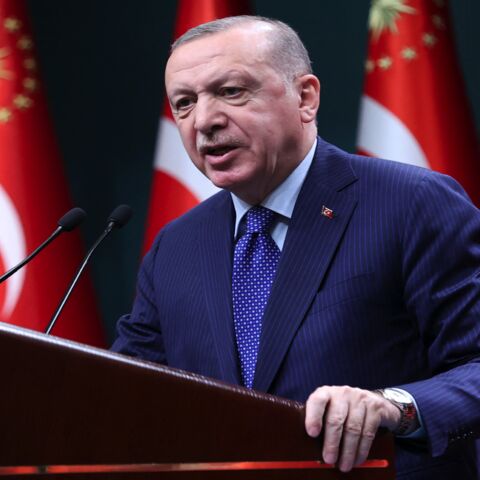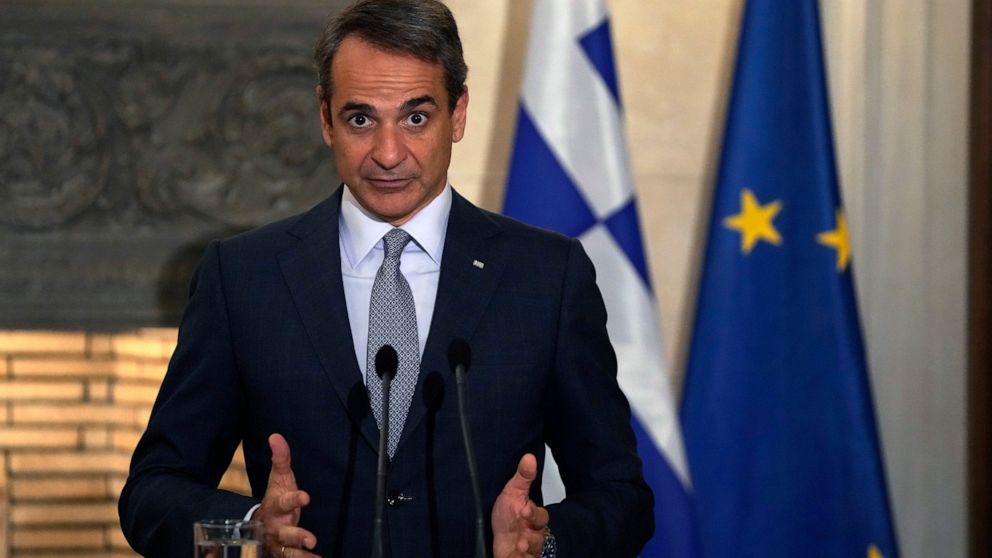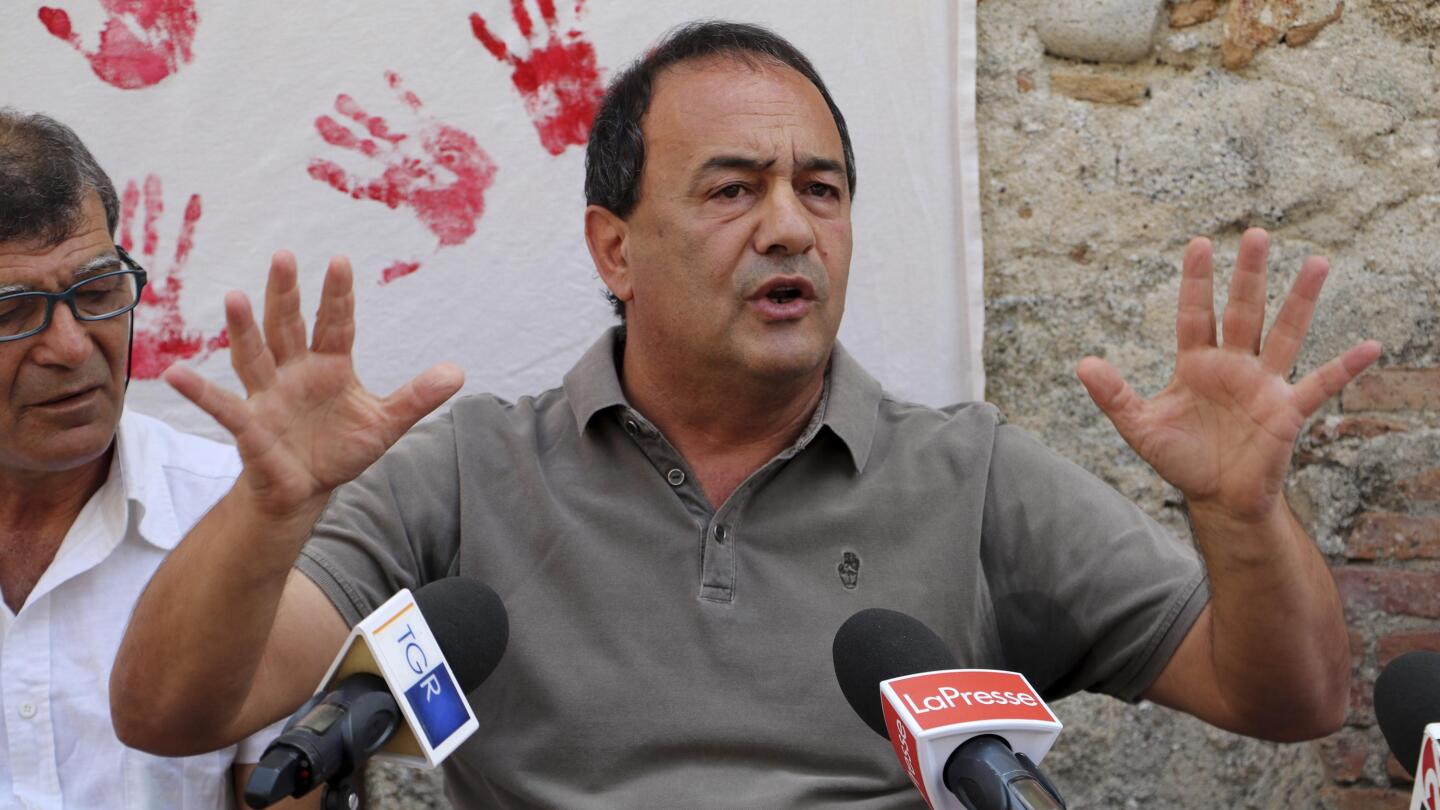Down in the polls and clambering for momentum as she makes a third bid for France's presidency, far-right leader Marine Le Pen suddenly finds herself on unfamiliar terrain: sharing the right-wing limelight…

www.france24.com
Le Pen's bid for French presidency off to stormy start as far-right pundit steals her thunder
Issued on: 24/09/2021 - 09:53
French far-right National Rally (Rassemblement National) party leader Marine Le Pen delivers a speech in reaction to the outcomes of the second round of French regional and departmental elections, in Nanterre, near Paris, France, on June 27, 2021. © Sarah Meyssonnier, Reuters/File
Text by:
Aude MAZOUE
6 min
Listen to the article
Down in the polls and clambering for momentum as she makes a third bid for France's presidency, far-right leader Marine Le Pen suddenly finds herself on unfamiliar terrain: sharing the right-wing limelight with a pundit out for glory of his own.
For months,
Marine Le Pen has managed to keep pace with President
Emmanuel Macron in
poll after poll ahead of
next April's presidential election. Whether
France liked it or not, the pair appeared destined for a slow march towards a rematch of their
2017 presidential run-off duel. But after launching her 2022 presidential campaign relatively discreetly this month, the
National Rally flagbearer seems at pains to inject fresh life into her third try at winning France's highest office. Instead, with combative
far-right pundit Éric Zemmour elbowing onto Le Pen's turf and monopolising the media's attention, it's been tough to get a
right-wing word in edgewise.
Although Zemmour hasn't officially thrown his hat in the ring for 2022, he lost his daily pulpit on the French newschannel CNews after France's media watchdog saw fit to consider his airtime subject to the same sorts of restrictions official contenders face in the name of fairness before an election. Zemmour has inundated the airwaves regardless, invited here and there to expound on immigration and Islam, his preferred themes. As he touts a new bestseller entitled "France hasn't had its last word", every date on Zemmour's book tour turns into an ersatz campaign rally. On Thursday, he took part in a controversial primetime debate broadcast on television (BFMTV) and radio (RMC) against far-left presidential candidate
Jean-Luc Mélenchon, even though the latter is the only one of the pair clear about his presidential intentions.
>> Read more: Éric Zemmour, the far-right pundit who threatens to outflank Le Pen
"The National Rally finds itself today in a very uncomfortable position because the former TV pundit has for weeks been creating suspense over his candidacy and kindling media attention," Jean-Yves Camus, a political analyst who specialises in the French far right, told FRANCE 24.
With seven months to go before voters head to the ballot box, Le Pen can hardly turn to the polls for comfort. Voter intentions in her favour for next April 10's first round have dipped below 20 percent, according to multiple polling firms, for the first time in recent memory.
Harris Interactive, in a survey conducted for Challenges magazine, gave her 18 or 19 percent of the vote, depending on the full slate of candidates put forward. Before the summer, that figure was a heady 28 percent. It is also well below her final score in 2017's first round, back when her 21.3 percent of the vote earned Le Pen a place in the run-off for the Élysée Palace.
'We don't give a toss about Éric Zemmour'
The National Rally camp is keen to get the word out that Zemmour is no threat.
"Nothing bothers me, I'm in my third presidential campaign and that gives me a lot of experience in this domain. The campaign is a long one," said Le Pen during a campaign stop in Isère, in southeastern France, on Tuesday. "I have the calm of battle-hardened troops."
The party brass has expressed similar serenity. "We don't give a toss about Éric Zemmour.
Yes, our supporters appreciate him, but the remarks he makes won't necessarily make him a good president. Le Pen is not content to list problems – she offers solutions," National Rally spokesperson Julien Sanchez told FRANCE 24.
"I've been involved in politics for several decades," added Le Pen adviser Philippe Olivier. "I've seen many a third man appear by divine providence. Not one has made it to the finish line.
There was Jean-Pierre Chevènement (a former Socialist cabinet minister who left that party years before running for president himself in 2002), who must have been at 14 percent in the polls only to score 5 percent," Olivier recalled. "More recently, it was predicted that
Yellow Vest movement candidates would throw a spanner in the works. In the end, they did practically nothing. We're pretty relaxed here at the National Rally."
And yet, one can only imagine that Le Pen isn't as zen as she claims to be. From the start of her campaign, she has spoken of favouring trips outside the Paris beltway with a handful of regional journalists in the name of privileging a high standard of debate. But she seems to have changed her tune. While Mélenchon and Zemmour geared up for their debate on Thursday, Le Pen invited the national press to join her on a trip to Moselle, in northeastern France, with one of Zemmour's signature themes on her agenda: “national preference”, or the notion of giving French citizens priority over immigrants when it comes to jobs and certain benefits.
Does Le Pen's latest tactical move spell the end of those friendly huddles on specialised subjects she had seemed so keen on for this campaign? "Not at all," according to her party. "The strategy of mixing more targeted trips with local press sometimes and inviting national press on big campaign themes at other times will happen depending on the situation," Olivier told FRANCE 24.
Real warning signals
Since the start of her campaign, Le Pen's strategy of “speaking to regional media and keeping away from the Parisian press, which is openly hostile to her, has been rather well regarded", Camus, the political analyst, told FRANCE 24. Le Pen, "who displayed weakness on some of the specialised subjects discussed during the (2017 presidential finalists') debate against Macron, is looking to show that she is gaining command of certain subjects, notably with her trip this week to a sawmill in Isère".
Nevertheless, "Marine Le Pen's campaign is showing real warning signs," according to political science professor Olivier Rouquan. "With her 'having said that' strategy that blends a moderate line on themes dear to far-right hearts on immigration, she winds up confusing just about everyone and diminishing herself. A segment of her supporters today identifies more with Zemmour's line, notably on immigration," added Rouquan, who is also an associate researcher at the Centre for Administrative and Political Science Studies and Research (Cersa).
He nevertheless remains prudent about the emergence of Zemmour at this stage. "There is also a hype effect surrounding Zemmour, whose scores for now remain too low to win," he said.
Lacking dynamics, dwindling finances
After poor National Rally performances in June's nationwide departmental and regional elections, Le Pen for now appears far from rekindling the old spark as she forges ahead on the presidential campaign trail for a third time – more than a decade after her rabble-rousing father
Jean-Marie passed her the torch after five failed attempts of his own. In the 2022 iteration, Rouquan sees a candidate slow off the mark in mobilising her electorate.
"She isn't managing to inspire a dynamic. And I doubt that her campaign poster about ‘liberties’ will succeed in persuading an electorate ready to drop her," Rouquan added.
Of course it isn't easy to mobilise troops when the coffers are running dry. The National Rally's finances are deep in the red – it had some €22.9 million in debts on the ledger as recently as 2019, just about as much as a full two-round presidential campaign is permitted to spend under French law.
Indeed, Le Pen recently "alerted" Macron about how difficult it is to finance a presidential campaign now that candidates can no longer borrow funds from private firms or from non-European banks – like the National Rally did from Russia to finance its 2014 effort in French municipal elections.
This article has been translated from the original in French.
